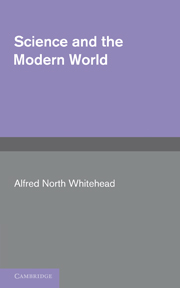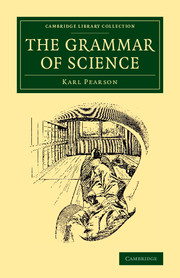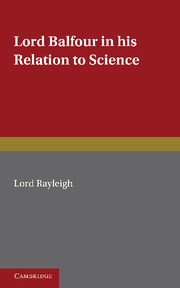Galileo in Context
A 2001 survey of past attempts to dispel the myth of Galileo as isolated pioneer, and to explore instead the intellectual, cultural and social contexts that substantially shaped Galilean science. In particular, attention is paid to the influence of contemporary engineer-scientists on Galilean experimental physics, the influence of artists on the visual representation techniques used in Galilean astronomy, and the power structures of Galileo's day and their influence on his career and the way in which scientific information was organised and communicated in Early Modern Europe. An appendix includes in English translation three essays by pioneering Galileo scholars from the turn of the last century, Favaro, Caverni and Wohlwill, prefaced by biographical introductions placing their work in context.
- Intriguing approach to Galileo scholarship
- Includes translations of several historical papers on Galileo
- Contributions from leading scholars in the field
Reviews & endorsements
"[A] valuable contribution to Galileo studies." Sheila J. Rabin, St. Peter's College, Sixteenth Century Journal
"This is an excellent anthology of original essays...It is essential for specialists and useful for anyone wanting to learn more about Galileo's work." Isis
"[Renn] is to be congratulated for offering the reader such a collection of important essays." Renaissance Quarterly
"This is not only a book that demands attention because of its great scholarly work on Galileo, but it also presents some pertinent historiographical issues." Seventeenth Century News
Product details
July 2002Paperback
9780521001038
436 pages
248 × 175 × 23 mm
0.93kg
Available
Table of Contents
- Introduction Jürgen Renn
- Part I. The Context of the Practitioners: Mechanics and its New Objects:
- 1. Galileo engineer: art and modern science Wolfgang Lefèvre
- 2. Hunting the white elephant: when and how did Galileo discover the Law of Fall? Jürgen Renn, Peter Damerow and Simone Rieger
- Part II. The Context of the Artists: Astronomy and its New Representations:
- 3. Gazing hands and blind spots: Galileo as draftsman Horst Bredekamp
- 4. The virgin and the telescope: the moons of Cigoli and Galileo Sara Booth and Albert van Helden
- Part III. The Contexts of the Church, Patrons and Colleagues: New Science and Traditional Power Structures:
- 5. Recent narratives on Galileo and the church: or the three dogmas of the Counter-Reformation Rivka Feldhay
- 6. Gassendi and l'Affaire Galilée of the Laws of Motion Paolo Galluzzi
- 7. Replication or monopoly? The economies of invention and discovery in Galileo's observations of 1610 Mario Biagioli
- Appendix: A forgotten controversy: Introductory note Jürgen Renn
- Raffaello Caverni and his History of the Experimental Method in Italy Giuseppe Castagnetti and Michele Camerota
- An excerpt from History of the Experimental Method in Italy Raffaello Caverni
- Antonio Favaro and the Edizione Nazionale of Galileo's Works Giuseppe Castagnetti and Michele Camerota
- Apocryphal Galilean writings Antonio Favaro
- Emil Wohlwill, Galileo and His Battle for the Copernican System Hans-Werner Schütt
- The discovery of the parabolic shape of the projectile trajectory Emil Wohlwill.








